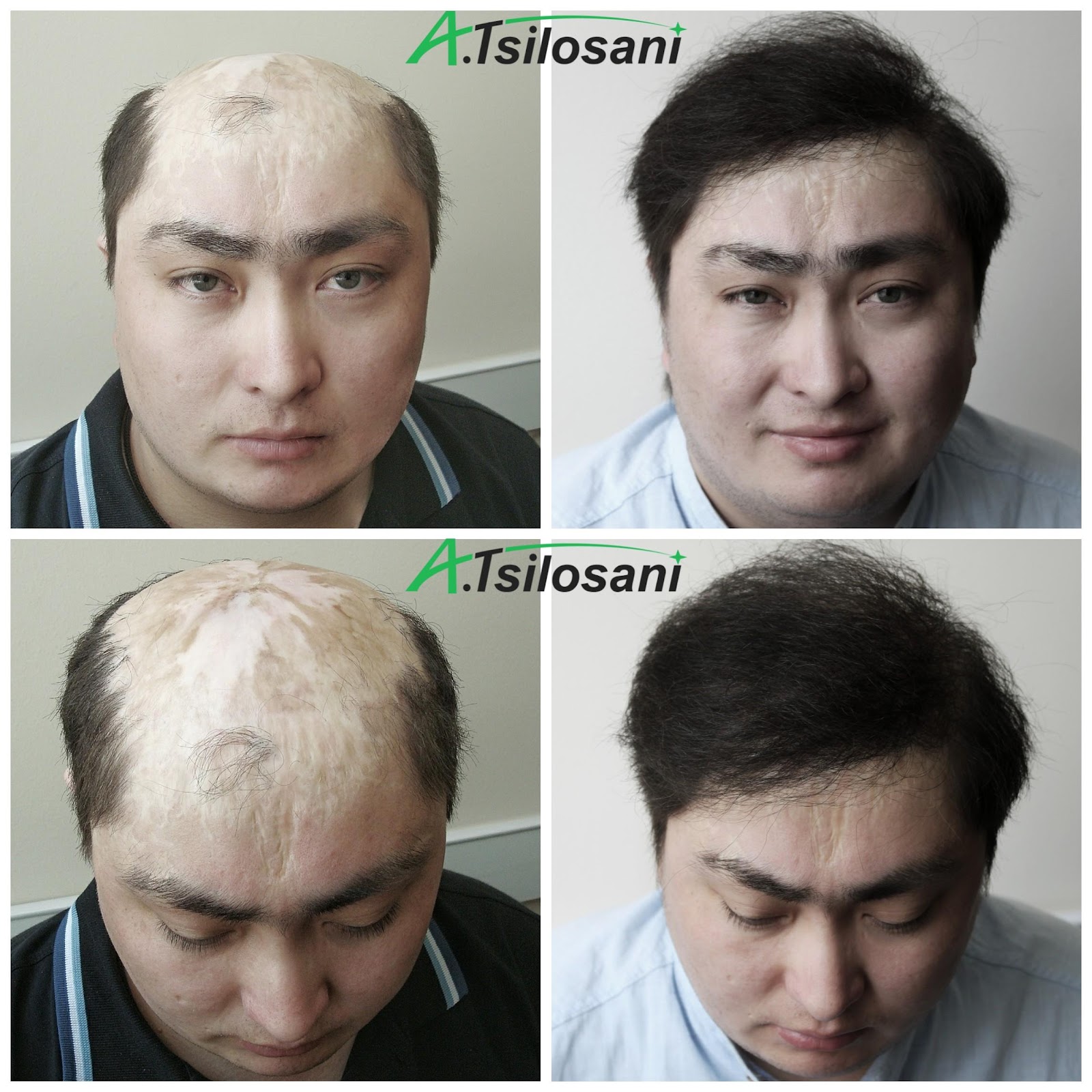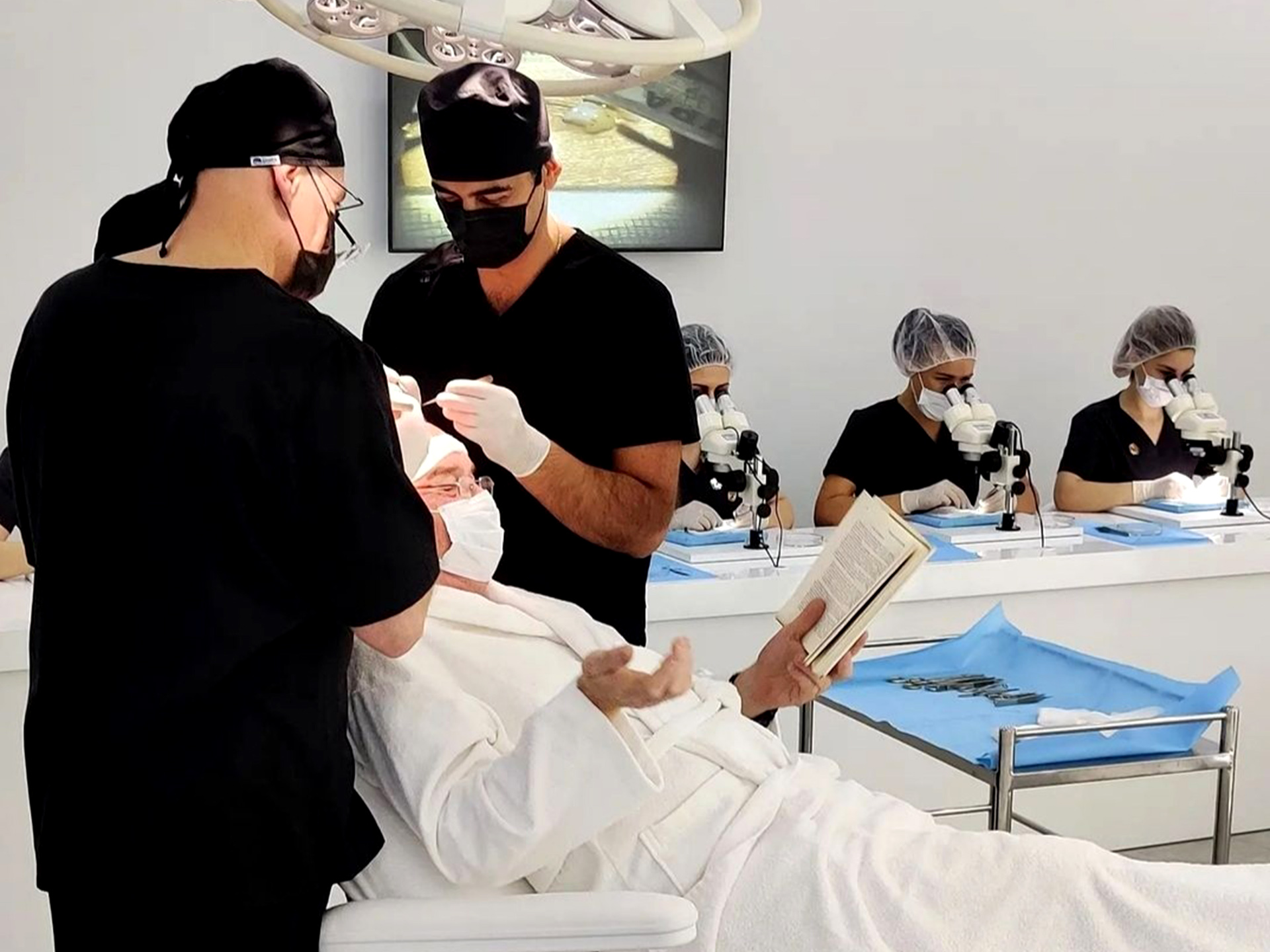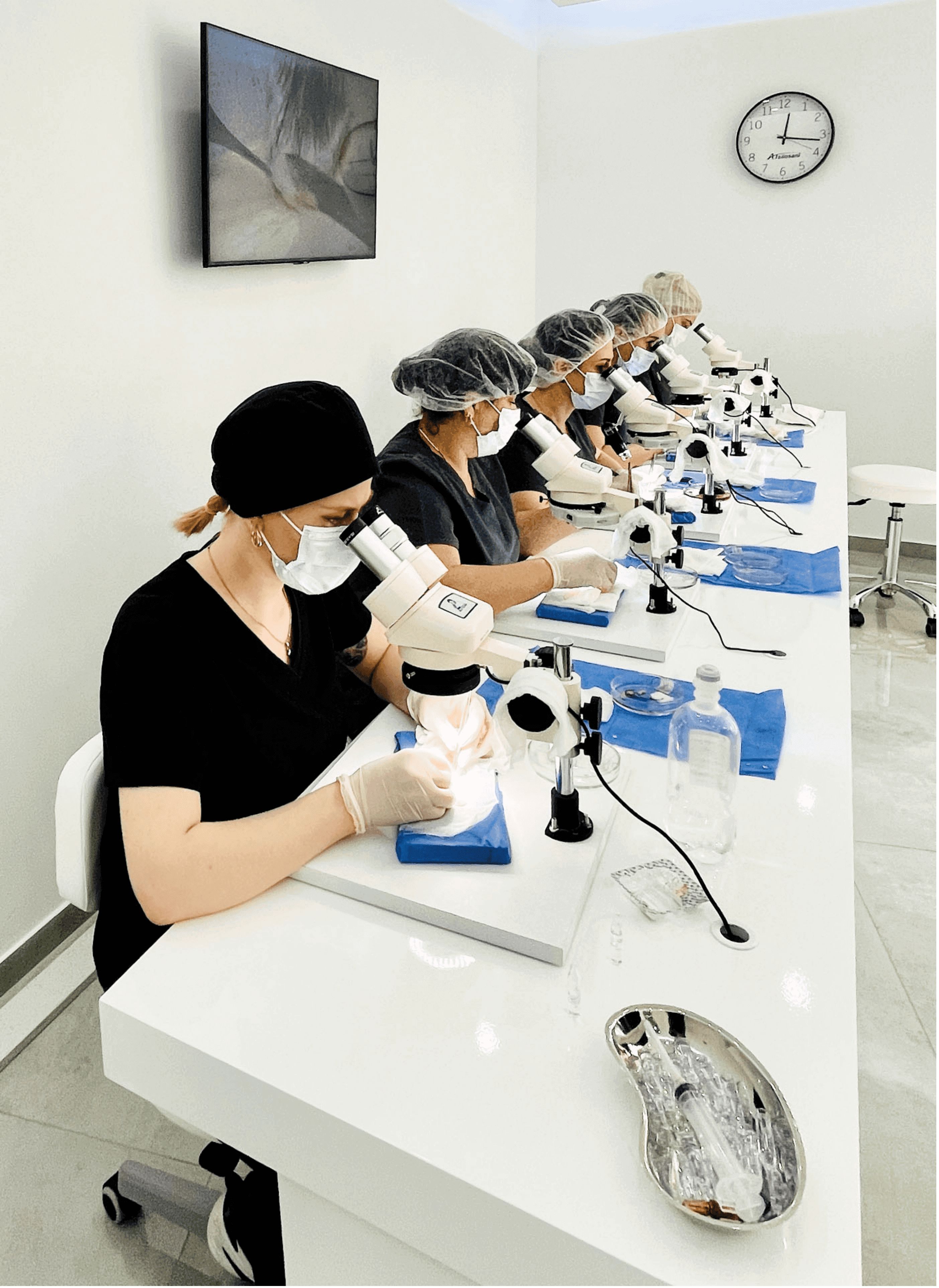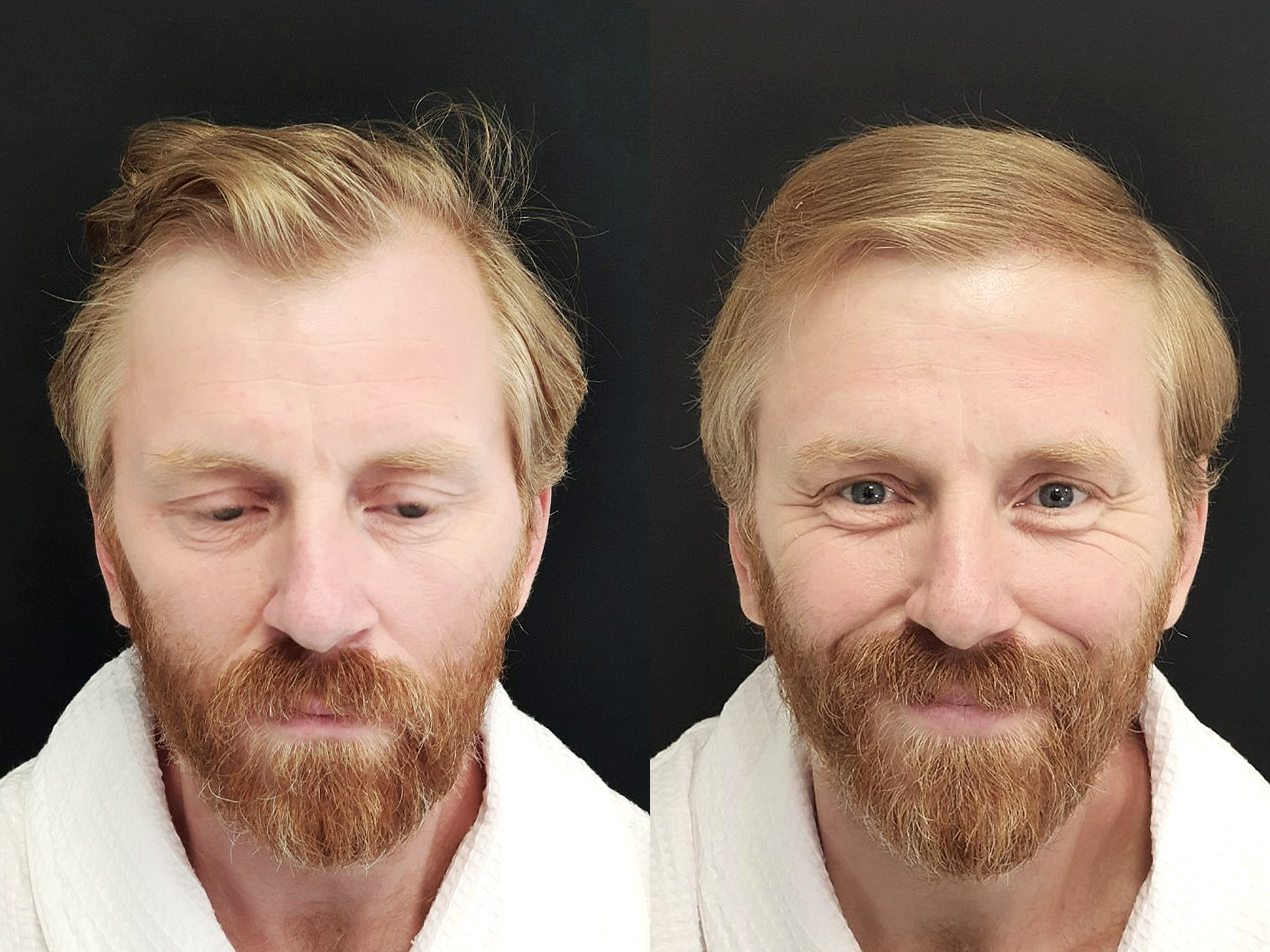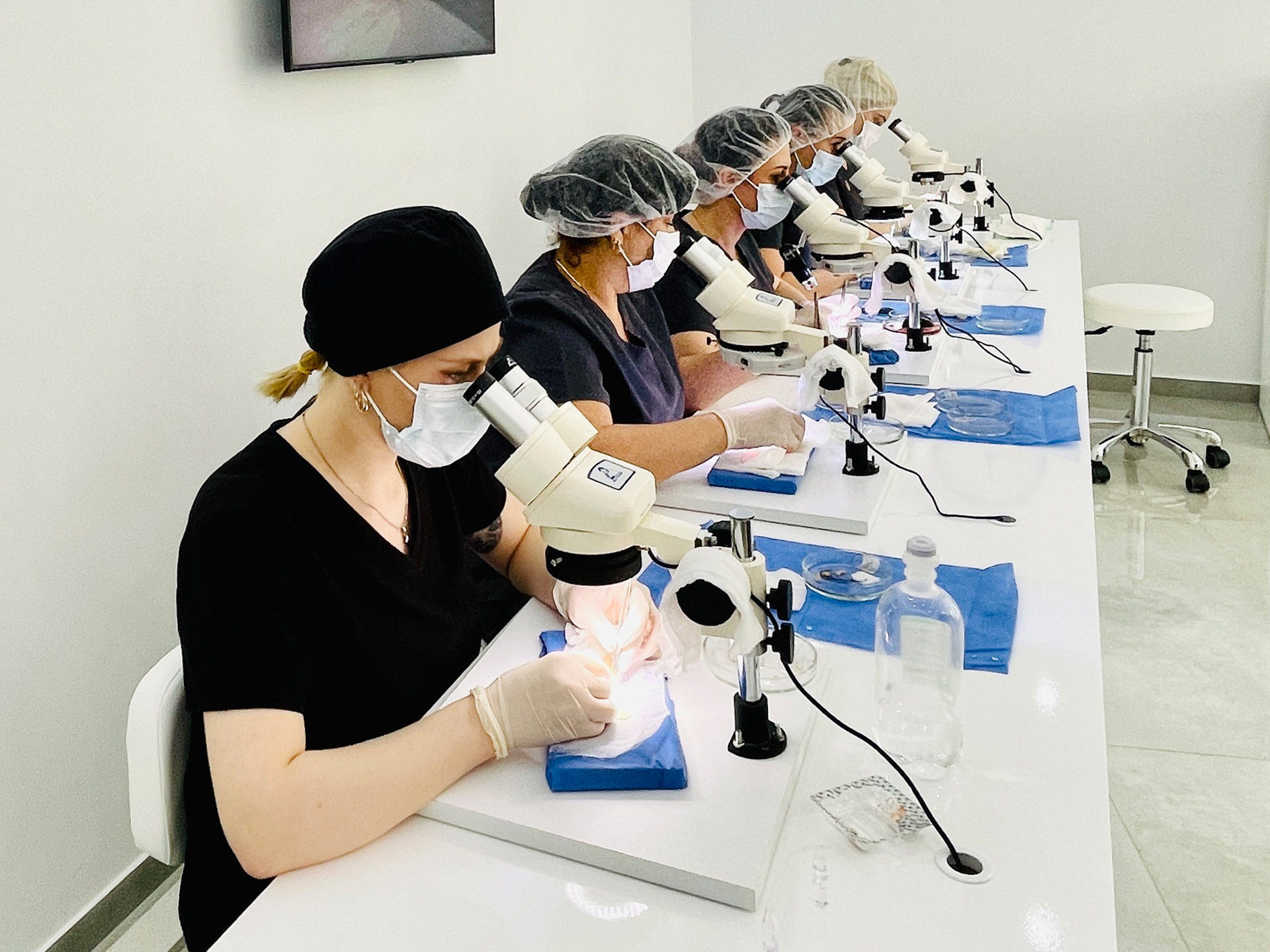
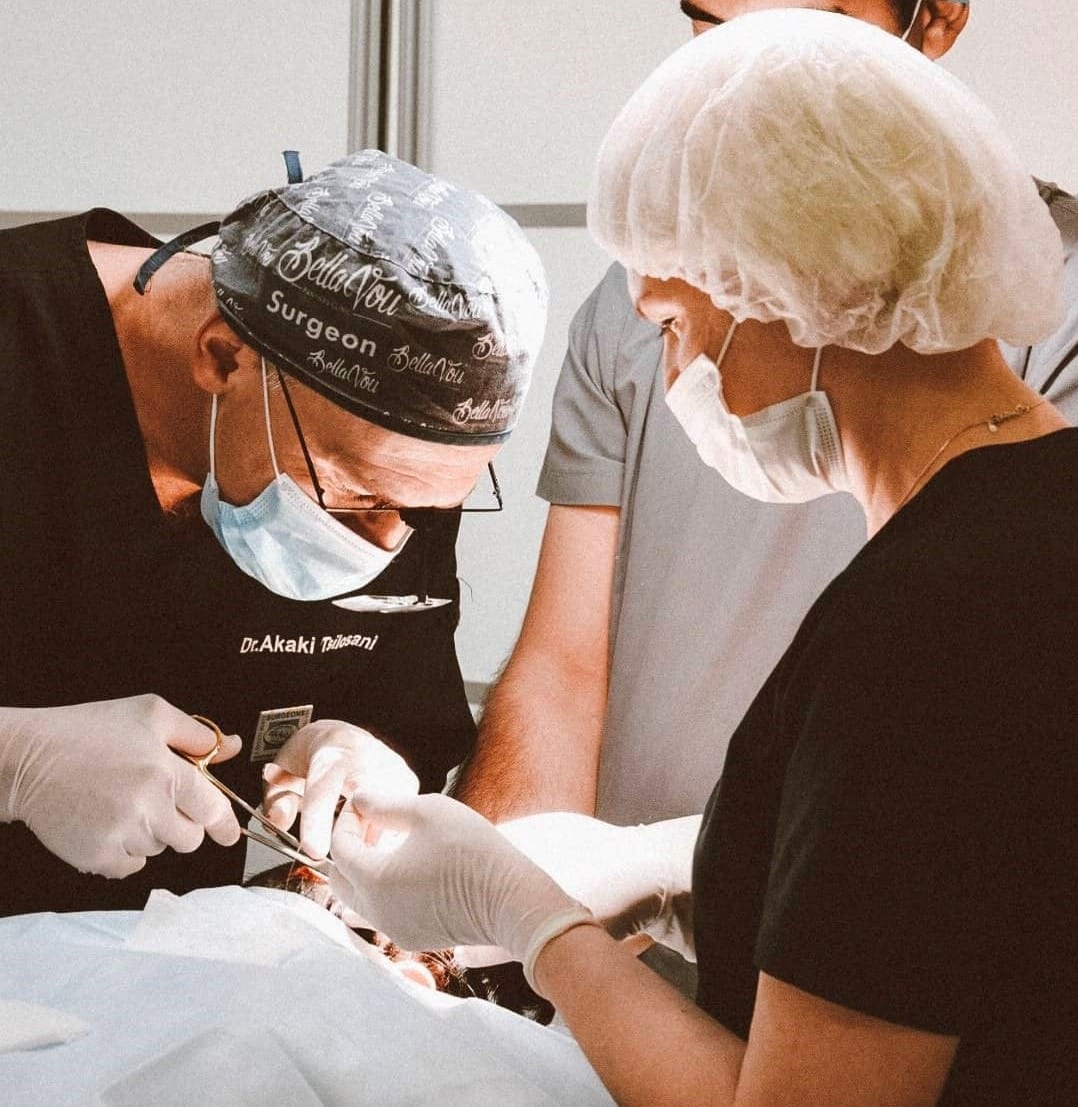
How to Become a Hair Transplant Technician
you provided while maintaining a natural flow and avoiding redundancy:
How to Become a Hair Transplant Technician
The field of hair transplantation is experiencing significant growth, driven by the increasing popularity of this life-changing procedure. This article serves as a guide for aspiring hair transplant technicians (hair techs), exploring the path to becoming a skilled professional in this field.
Why Invest in Hair Transplant Technician Training?
Hair transplant technicians play a critical role in ensuring successful hair transplant outcomes. They assist hair transplant surgeons in various aspects, including patient preparation, meticulous extraction and placement of hair grafts, and providing proper post-operative care. A well-trained hair tech significantly enhances the final results, promoting patient satisfaction and a natural-looking hair restoration.
Understanding Hair Restoration Techniques
There are two main methods of hair transplantation: Follicular Unit Transplantation (FUT) and Follicular Unit Extraction (FUE).
Essential Qualities for Hair Transplant Technicians
To excel as a hair tech, you'll need to develop a specific skillset:
- In-depth knowledge of hair transplantation techniques (FUT & FUE)
- Exceptional dexterity for precise handling of hair grafts
- Meticulous attention to detail and accuracy
- Patience and focus during lengthy procedures
- Effective communication with patients and colleagues
- Understanding of sterilization procedures and infection control
Hair Transplant Technician Training & Certification
Several organizations offer hair transplant training and certification programs. Here are some of the most respected ones:
- International Society of Hair Restoration Surgery (ISHRS): A leading authority providing educational resources and training programs for hair transplant technicians.
- American Board of Hair Restoration Surgery (ABHRS): Sets high standards for hair restoration professionals and offers certification programs.
- Local Hair Transplant Schools: Many clinics and institutes offer specialized courses in hair transplantation techniques, combining theoretical knowledge with practical training.
The Hair Transplant Technician Training Journey
The training process typically involves three key elements:
- Classroom Learning: This lays the groundwork for essential knowledge, covering hair anatomy, transplantation techniques (FUT & FUE), patient assessment, and post-operative care.
- Hands-on Training: Crucial for developing the necessary precision and dexterity. Students practice extracting and implanting hair grafts under the guidance of experienced instructors.
- Clinical Experience: Provides real-world exposure by assisting with hair transplant procedures in a clinical setting. This experience helps students understand the workflow and challenges of the profession.
Building a Fulfilling Career as a Hair Transplant Technician
- Establishing a Stellar Reputation: Consistent high-quality results and exceptional patient care are key to building a strong industry reputation.
- Networking and Continuous Learning: Connecting with other hair transplant professionals fosters knowledge sharing and staying updated on the latest advancements. Attending conferences and workshops further enhances your skills and expertise.
Hair Transplant Technician Job Opportunities & Salary
Hair transplant technicians can find rewarding careers in various settings:
- Hair transplant clinics
- Plastic surgery centers
- Dermatology clinics
- Medical spas
Salaries for hair transplant technicians can vary based on experience, location, and clinic type. On average, hair transplant technicians can earn between $40,000 and $60,000 annually, with experienced technicians potentially earning more (comparable to some hair transplant surgeon salaries).
Hair Replacement Training Near You
If you're interested in hair replacement training near you, a quick web search for "hair transplant training near [your location]" or "hair replacement training near [your location]" should provide you with relevant results.
Conclusion
Becoming a hair transplant technician requires dedication to learning and honing your skills through training, certification, and experience. With commitment and hard work, you can build a successful career and make a positive impact on the lives of your patients by helping them achieve natural-looking hair restoration.


